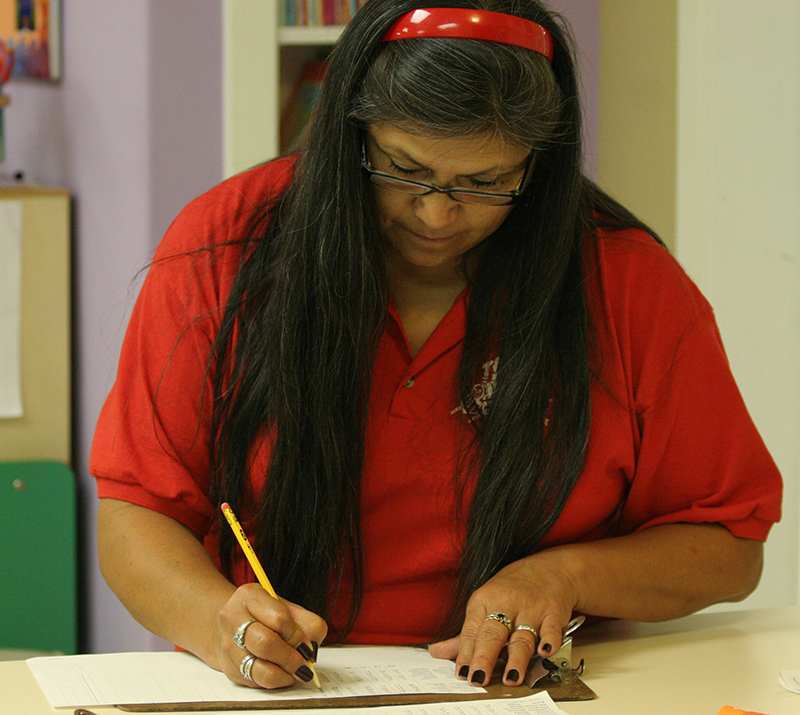Ways to plan for and implement intentional teaching in an early childhood program.
Intentionality, as described by the National Association for the Education of Young Children, is "being planful and deliberate. Knowing what you're doing and why, and being able to explain it to others; having a vision - as educators, as administrators, as a profession." (NAEYC, 16th National Institute for Early Childhood Professional Development Conference)
Intentionality: Tell me more
Being intentional is most likely not something new to you. What may be new is how early educators are consciously taking a closer look at what intentionality means and why it is important.
The profession of early education has slowly been building an awareness of the importance of early education in communities around the world. In order for the field of early education to be recognized, respected, and revered as a profession, intentionality must be present. When intentions are clearly stated and woven into the early childhood program, those looking at it see their importance.
What does being intentional mean to you?
 Take time to answer the following questions:
Take time to answer the following questions:
- What are some of your personal intentions in life?
- Where did these ideas come from?
- Why are these intentions important to you?
- How do you make your intentions become realities?
- How do you clearly explain your intentions to others?
Balanced intentions
What happens when you are not "planful" and deliberate; when you are unintentional? Many good things happen when plans are well thought out, but equally positive results occur from situations and experiences that are unintentional.
Sometimes slowing down and letting life just happen is equally as important as planning meaningful experiences. Working with young children takes thought in being both intentional and being unintentional.
The reflection
What you do each day as an early childhood practitioner is extremely important, not only to the field of early education, to families, and to children, but also to humanity. Take time to look closely at your intentions-- how they are planned, incorporated, and received.
Planning for intentionality in early education
One way to be intentional in early education is to be aware of current and well documented research affecting early education and care, such as child development and developmentally appropriate practices. Knowledge in all aspects of early education gives you background and support for directing, defining, and stating your intentions.
Ideas for intentional planning in early education
- Know your vision - What are your goals for the children, the group, and yourself? How do you want to achieve these? When you are clear about your mission, you have a strong base to build from and return to for direction.
When intentions are clearly stated and woven into the early childhood program, those looking at it see their importance.
- Know your intentions well - Ask yourself "why": Why did I do that? Why am I using this? Why should this be expected of this child? Each choice you make in your work with children needs an explanation that is based on knowledge of the child and of child development.
- Share your intentions - Make others in the program (families, staff, children, etc.) aware of your intentions, plans, and reflections. Newsletters, handbooks, parent meetings, and parent bulletin boards are a nice way to explain in writing your ideas, plans, and reflections.
TIPS 10-10

